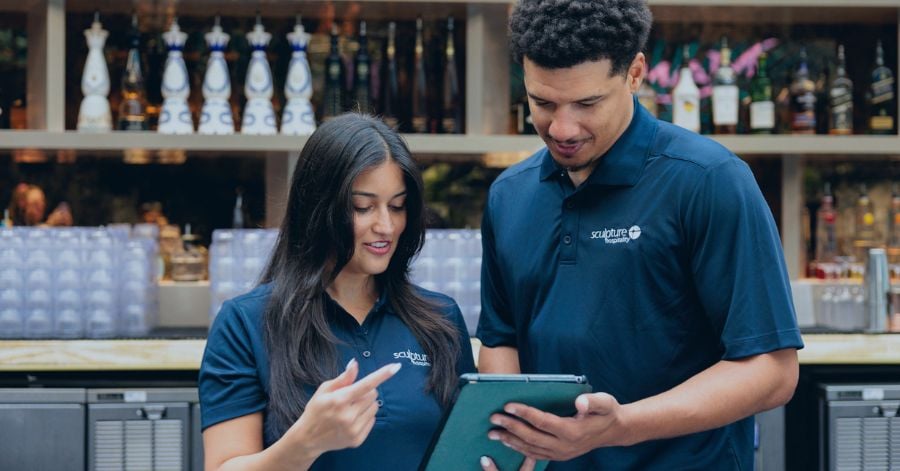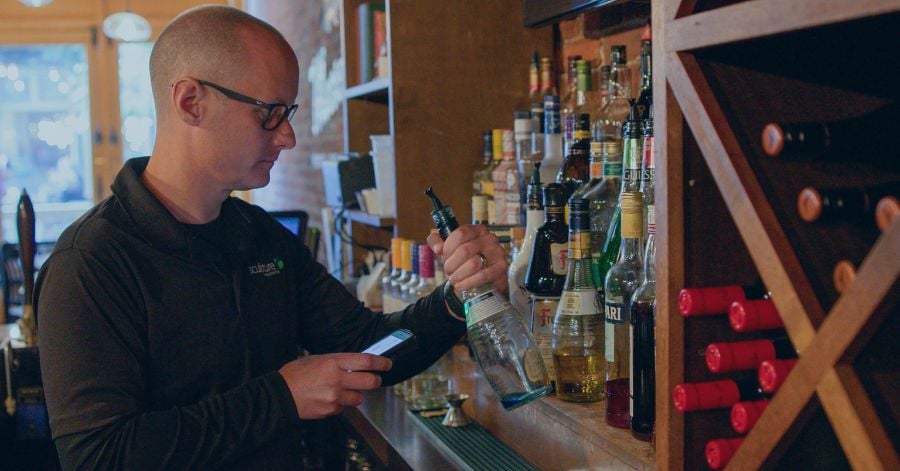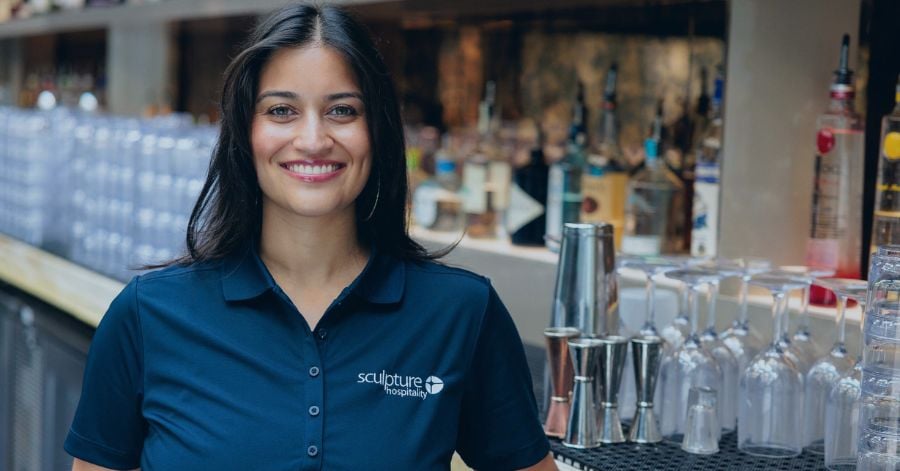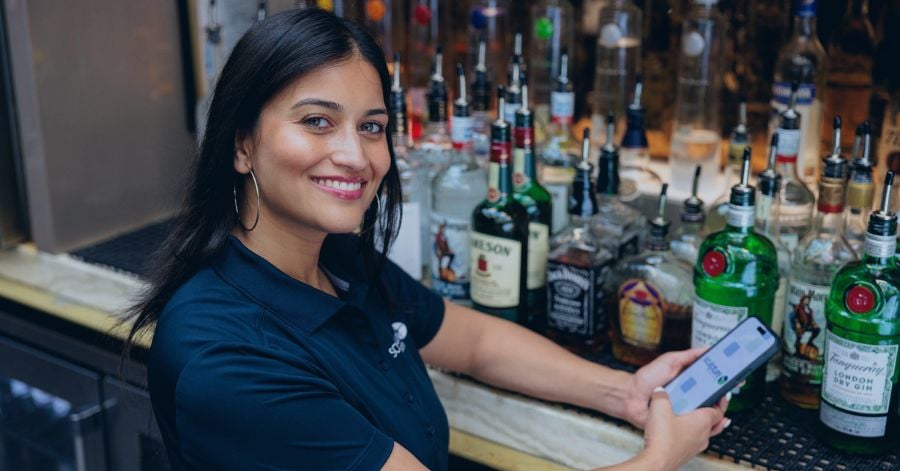Are you an entrepreneur in the hospitality industry? If so, you may be considering opening a business via an established brand and have come across the terms “licensing” and “franchising.”
But what exactly do these terms mean, and are either of them the right option for your specific business goals? These two business models are not the same, and it’s important to understand the differences when deciding which avenue you want to pursue.
From a high level perspective, the most significant difference between these two business models is the level of support you (the franchisee or licensee) receive. Franchise agreements involve an extensive business relationship with significant support in areas such as day-to-day operations, support and training, as well as marketing, while licensing is typically limited to a singular activity such as the shared use of a trademark or patented technology.
With that in mind, in this blog, Sculpture Hospitality explores exactly what franchising and licensing is, with a more detailed look at the differences between the two business models. We hope this article helps you kickstart your entrepreneurial journey.
What is Franchising?
Franchising is a business model that allows individuals or entities to operate an independent business while leveraging the branding, resources, and proven strategies of an established company.
At its core, franchising creates a symbiotic relationship between two main players:
The Franchisor: This is the original or parent company that owns the rights to the brand, business model, and proprietary knowledge. They have the responsibility of ensuring that the brand's integrity is maintained across all franchise outlets.
The Franchisee: This is the individual or entity that acquires the rights to operate a new branch or outlet of the franchise. They invest time, capital, and effort, and in return, get access to a proven business model, training, support, and the brand's established reputation.
The benefits of franchising include:
- Owning a proven business model
- Existing brand recognition
- Ongoing training and support from the franchisor
- Marketing assistance from the franchisor
- Networking opportunities with existing franchisees
- Financing advantages due to the reduced risk associated with franchising
What is Licensing?
Licensing is a business arrangement wherein one company or individual (the licensor) grants another company or individual (the licensee) permission to use its intellectual property. This property could be in the form of a brand name, trademark, patented technology, design, or copyrighted material.
The benefits of licensing include:
- Access to established brands, patented technology or copyrighted material
- Reduced research and development costs
- Quicker market entry
- Gaining a competitive advantage over other businesses
- Selling a market-tested product offers lower risk than selling a brand-new product
- Flexibility in the negotiating terms
The Differences Between Franchising and Licensing
While both franchising and licensing revolve around the use of established brand names or intellectual property, their operational mechanics and objectives can differ considerably. Here are the key differences between franchising and licensing.
- Different Levels of Control
Franchising: The franchisor maintains substantial control over the franchisee's operations to ensure brand consistency and standards. This often includes guidelines on marketing, location, operational processes, and service standards.
Licensing: The licensor typically exercises limited control over how the licensee utilizes the brand or intellectual property. The main concern is usually the protection of the brand's reputation or the technology's proper use.
- Different Business Goals
Franchising: The primary objective is to expand the brand's footprint and reach by replicating a proven business model. The success of franchisees directly impacts the overall brand.
Licensing: The goal is typically more focused on monetizing intellectual property. For licensors, it's a way to gain revenue from assets like trademarks, patents, or technology without expanding business operations.
- Support and Training
Franchising: Franchisors provide comprehensive support and training to ensure franchisees uphold the brand's standards and succeed in their endeavors.
Licensing: Licensors offer minimal support, usually limited to ensuring proper usage of the licensed property.
- Cost
Franchising: Apart from the initial franchise fee, franchisees pay ongoing royalties, often based on their gross sales.
Licensing: Licensees generally pay a fee, either as a one-off payment or royalties, based on sales or usage of the licensed property.
While franchising and licensing both offer mechanisms for business growth, they cater to different needs and aspirations. Understanding these distinctions is crucial for entrepreneurs who are declining on how they can best open their own business.
If you’re interested in learning more about franchising, then get in touch with Sculpture Hospitality today. We have a range of franchise investment options to suit your specific business needs.



%20(1).png?height=2000&name=Franchise%20500%20(1)%20(1).png)









